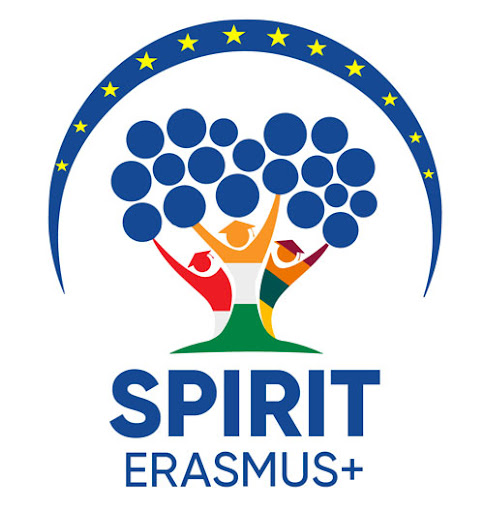The SPIRIT Erasmus+ Website Overview
The SPIRIT Erasmus+ website serves as a comprehensive platform designed to promote and facilitate international collaboration and education within the Erasmus+ program. With a user-friendly interface and an array of resources, the website aims to connect institutions, educators, and students across different countries and cultures.
Detailed information about the Erasmus+ program, its objectives, and the opportunities it offers for international collaboration and exchange.
Highlights the various projects initiated under the SPIRIT Erasmus+ umbrella, showcasing innovative ideas and initiatives to enhance education and training across Europe.
A database of institutions, universities, and organizations participating in the program, offering opportunities for collaboration, research, and exchange.
A repository of educational materials, research papers, and publications related to the Erasmus+ program, fostering a culture of continuous learning and development.
Keeps the community updated about upcoming workshops, seminars, and events, providing a platform for networking and sharing of knowledge and experiences.
Offers a dedicated support system to assist institutions and individuals with inquiries, applications, and other administrative processes related to the Erasmus+ program.
The SPIRIT Erasmus+ website is not just a portal but a dynamic hub that aims to foster international cooperation, innovation, and excellence in education and training. It stands as a testament to the commitment and vision of the Erasmus+ program in shaping the future of education across Europe.
